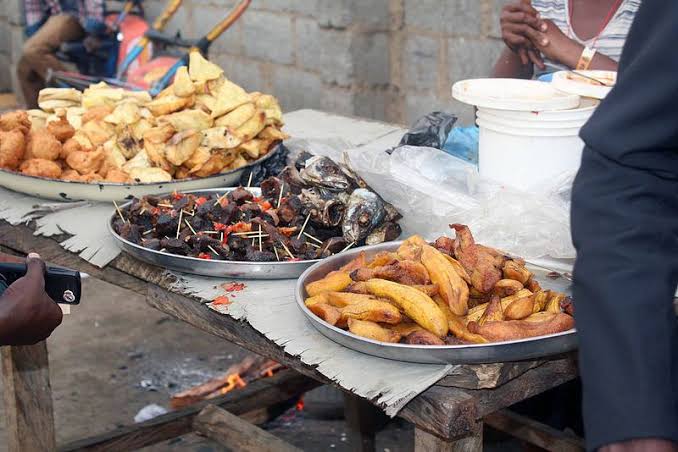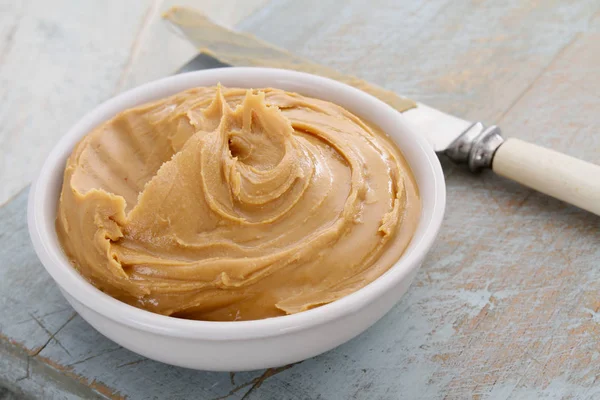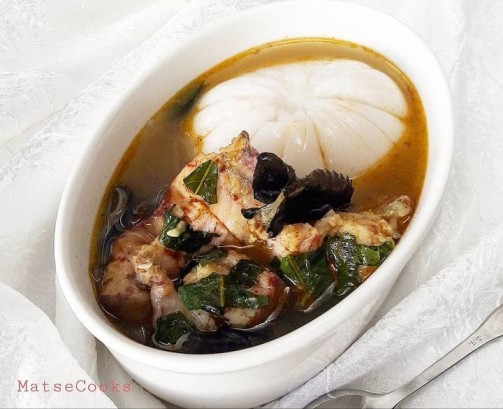Many Nigerians depend on roadside foods for their survival as they go about their daily activities. Roadside foods or street foods are foods commonly sold on the streets. Most roadside vendors have a small shop for people to eat while others just sell food for you to take home to eat.
Food from roadside vendors is always cheap and ready-to-eat, which is more than enough reason for patronising the vendors. This is why a good percentage of people who visit roadside shops to eat are working-class people, especially those with a 9-5. With barely enough time to do something else after spending 8 hours at work, most of them have to rely on these roadside vendors and other forms of fast food to satisfy their hunger. It is easier to just buy roadside food on your way back to/from work or during break than to have to worry about cooking.
Why Roadside Foods Can Be Dangerous?
Despite the convenience and other advantages, roadside foods might have, it is not something you want to eat every time or often. The major issue with roadside foods is how safe they are for eating. This is because of the unsanitary environment most of them are cooked. In Nigeria, most roadside vendors are located near open gutters. This is more of a norm than anything else since most of the gutters here in Nigeria are open and in the worst conditions. The locations of these roadside vendors are, sometimes, quite questionable, as it seems like they deliberately choose to stay in a bad environment. Unhealthy roadside foods and drinks are one of the major causes of food poisoning in Nigeria.
But this lack of hygiene is not only evident in the environment but in the vendors themselves, which can only make one wonder in what state the food was cooked. Only a few vendors bother to keep up with appearance to show that they are hygienic or clean.
Another big problem most times is what goes into the food being prepared. When you eat food at home, you are very confident of the ingredients you use. You wash what needs to be washed, boil for the recommended time, make use of the right utensils and so on. Basically, you do everything to make sure that your cooking is done right. Same, however, cannot he said for roadside vendors. Some use dirty utensils to cook rather than wash them, in a bid to save time. Some make use of near-rotten ingredients, to save cost. Some make use of any water they find around them, regardless of how clean or dirty it is, and so on.
All of these reasons are why roadside food is often considered unhealthy by most people. In today’s post, we would be looking at some of these roadside foods that are unsafe for eating.
1. Rice/Beans
Rice and beans are two of the popular foods sold by roadside vendors. What makes them quite popular is the fact that they are already popular with most Nigerians. While the kinds of foods that are sold on the roadside are usually dependent on the region you are in, rice and beans are two foods you are bound to find from most roadside vendors across the country.
But their being popular does not take away the fact that they can be a bit unsafe for eating as well. Most times they are prepared in unsanitary conditions. There have been reports of people finding hair, eyelash, and other dirt in their rice or beans.
2. Akara
Akara is another common roadside food. It is made from beans and can be quite delicious. Akara is usually sold near open gutters, which is a big turn-off for most people. They are also sold on the roads where they attract dust, mud, and other things you do not want on your food. There is also the state of the person preparing it to worry about.
While it can be very nutritious, most of the Akara you see on the road are not quite safe for eating.
3. Suya
Who does not like Suya? Suya, which is barbecued meat, is another food many Nigerians love eating. It is sold by Hausa men, who have always managed to pass down the knowledge of what there is to know about Suya from generation to generation. But like other foods on this list, Suya can be considered unsafe for eating.
There is no telling the kind of meat used in preparing the Suya, even though the popular kind is cow meat. Also, because they are prepared in the open, all kinds of things, including germs, are bound to get on the Suya.
4. Bole
Bole or roasted plantain is another food Nigerians love to buy from the roadside. It is a seasonal delicacy as it is only sold when plantain is in season. There is nothing involved in the preparation. The plantain is removed from the skin and put on a grill with hot coal underneath. But the fact that the plantain has to be touched by hand is enough to make you reconsider buying it. The touching of hands is not restricted to the vendor alone but even some customers would touch all the plantain being displayed before they settle for one.
By the time you get yours, you may be eating something 5 people may have touched, which is not something you really want to do.
5. Hawked Fruits
There are some hawked fruits sold by dirty roadside vendors which are very unhealthy. Some of these fruit vendors carry their fruits in wheelbarrows, or sell beside gutters. There have been reports that they sometimes clean the fruits with dirty water, or their own saliva. You should avoid them at all costs.
6. Roadside Amala and Ewa agoyin
It is safer to avoid eating from amala joints filled with dirty bowls, stinking water, unwashed pots and houseflies. Don’t eat ewa agoyin sold beside open gutters or near refuse dumps. You should avoid eating these unhygienic Nigerian street foods, especially if you have a soft tummy.
7. Local Drinks
A number of local drinks sold on the roadside in Nigeria can be detrimental to your health. These drinks include locally prepared drinks like kunu, tiger nut milk, zobo, soya milk, and ogogoro. In most cases, these locally prepared drinks are unhygienic and could cause stomach problems.

Other likely unsafe roadside foods in Nigeria are fried yams, fried plantains, fried meats and fried potatoes.
Bottom Line
You should think twice before eating these roadside foods, especially when you are visiting Nigeria. This is one way you can avoid getting sick when visiting Nigeria. However, these foods are really delicious and healthy when they prepared hygienically. So ensure, you get these foods from a hygienic and clean location.
ALSO READ:
- 6 Vaccines To Take Before Travelling To Nigeria
- 5 Common Sexually Transmitted Diseases in Nigeria
- 5 Common Diseases in Nigeria and How to Prevent Them
- 6 Common Waterborne Diseases in Nigeria
Collins Nwokolo is a human physiologist, writer and health enthusiast. He loves writing helpful articles on health and fitness, which he enjoys sharing with everyone.








